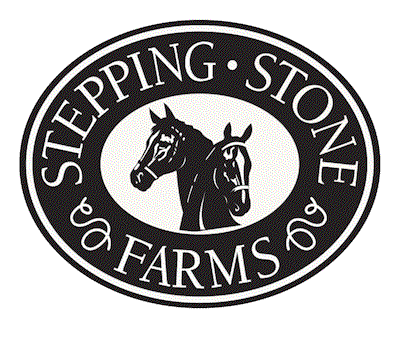Recently I had to do one of the harder parts of my job, being with a horse as they cross the rainbow bridge. It is an ever popular saying these days, a nice euphemism for putting a horse down. Those of us in the north, or really anyplace that experiences cold weather, speak of “asking a horse to do another winter”, or something similar. In our role as a sanctuary, I usually have a few horses on the list. Better to choose a day than wait for something to happen, and it will happen. They will slip and fall and because they are old, and have been losing muscle, they will be unable to get back up. Or their systems just start to shut down. Much as we always want our beloved animals to be with us forever, they are not designed to live our lifespan, and if we truly care for them, we will say goodbye BEFORE they have that final, traumatic, painful day.
I’d like to say that they lie down peacefully, and we can hold them and tell them how loved they are, and that IS what you should do for your dog or cat. Horses however, tend to be in the 1000lb range, and sometimes, they don’t go down in a peaceful manner. Do I think everyone should experience this? Yes. If you are going to be a lover of horses, I think it’s important to know all aspects of what it means to love and keep them. The idea that it is too difficult and painful? This final day isn’t about you.
We are lucky to have an excellent veterinarian who has a system that may well be exactly what they teach in vet schools, but having been with too many horses for this final journey, I do think he is exceptionally skilled at what we have called him here to do. Our vet is also an educator, so he tells everyone what he is doing and what to expect. First sedation and then the euthanasia drugs. As he gently explained to the people here for Max, his brain will have stopped functioning (he’ll be ‘gone’) before he’s on the ground.
Fortunately, Max went down easily.
As a sanctuary, we have more than our share of old horses, and I’ve been with most of them on their last day. I have been holding the lead when they just stopped. The light goes out of their eyes, and some have fallen over in almost a cartoon-like manner. Once I had a long wait for a (different) vet, and it was late in the night when she finally arrived. Because of the late hour, it was only the 2 of us, and that old gelding pitched forward when he died, knocking her to the ground. In my 40 (professional) years with horses, I have only had 3 horses that died on their own. Another recent, unexpected death involved a horse that went down, but made little effort to get back up. The emergency vet who came out, said she had seen horses linger like that for days. THAT seems cruel and painful, and we let our (again aged) boy go quickly.
And so, on a cold, blustery day in December, we said our final farewells to Max, a 36 year old Tennessee Walking horse that came to us at 30, an age when most people would think of putting a horse down. But he was in good shape, so we put him in our lesson program for kids and he spent the next few years giving children a thrill with his huge stride that was so ground covering it seemed as if they were flying, though it was only one of the many ‘walks’ of a Tennessee Walking horse. But age started to creep up on our friend he started to trip often, and we officially retired him. He remained opinionated for the rest of his days and was quick to let other horses know who was in charge of his herd.
As we struggled to keep weight on him, and he began to worry my volunteers with his ‘loose’ back end, I knew the time had come.
The cliche is true, if you love something, let it go.
As we let our much loved old man finally rest.
